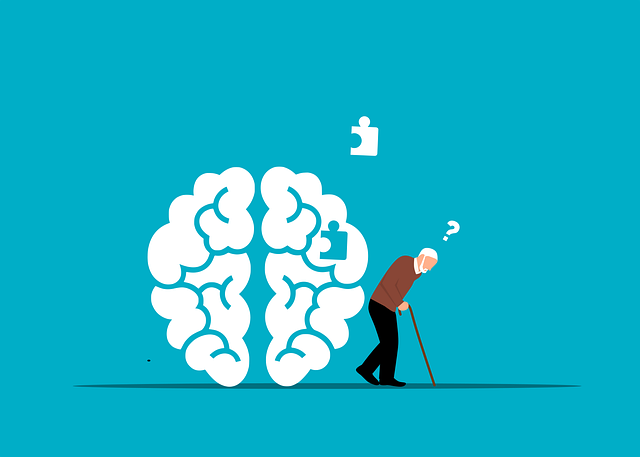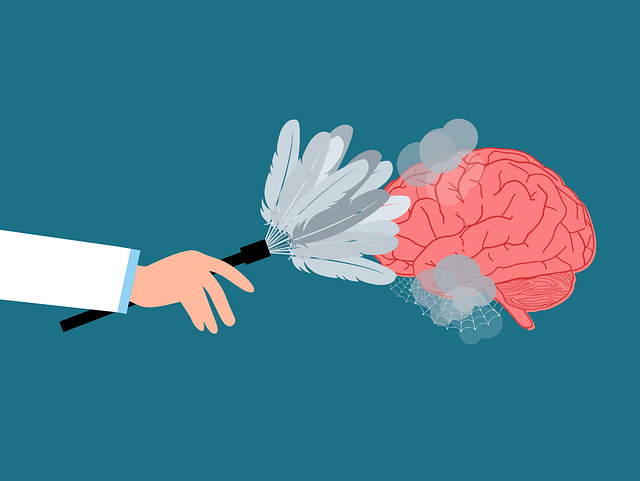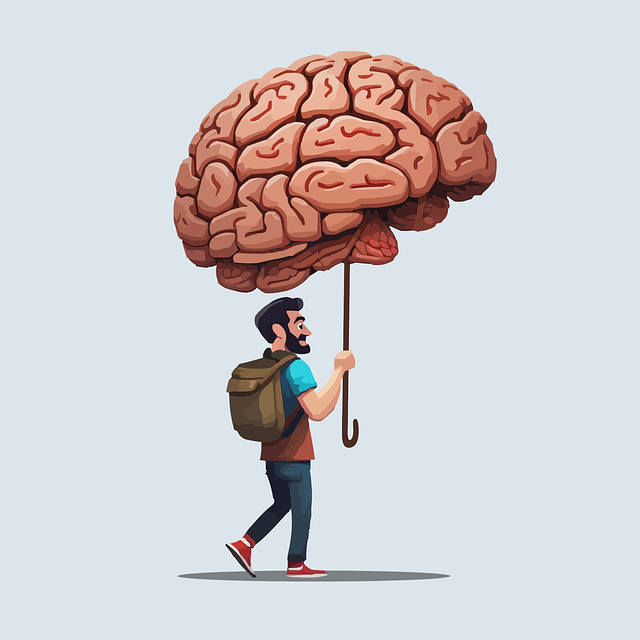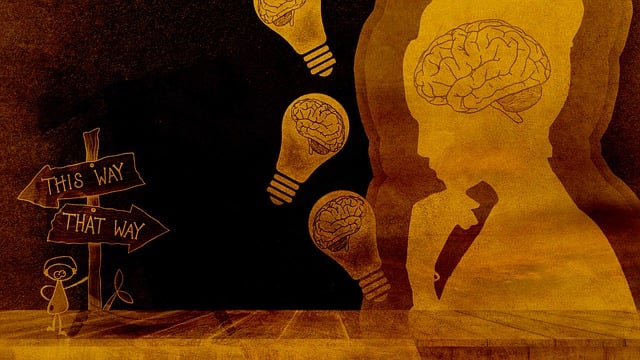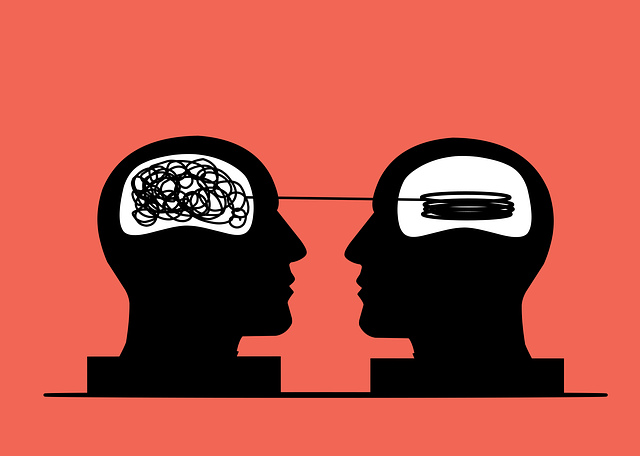Mental wellness is a crucial aspect of overall health, especially for chronic pain patients in Arvada, where physical and psychological well-being are interconnected. Reducing stigma around mental illness is essential for encouraging individuals to seek support for emotional struggles, which can exacerbate chronic pain. Self-assessment tools play a vital role in early detection and intervention by promoting open reflection on emotions, thoughts, and behaviors. These tools should be culturally sensitive, comprehensive, and digital-friendly, offering interactive platforms for personalized care, stress management, and emotional intelligence development. Arvada Chronic Pain Therapy's holistic approach integrates mindfulness meditation, improving both physical and mental well-being and reducing the risk of depression among sufferers.
Mental wellness self-assessment tools are transforming the way chronic pain sufferers manage their conditions. This article delves into the importance of such tools, especially for those navigating the intricate relationship between mental health and persistent pain. We explore why personalized assessments are crucial, highlighting key components for effectiveness. Integrating technology through digital platforms enhances accessibility to therapy, as demonstrated by Arvada Chronic Pain Therapy’s innovative approach. By combining these strategies, we can significantly improve assessment and treatment outcomes.
- Understanding Mental Wellness and Its Impact on Chronic Pain Sufferers
- Identifying the Need for Personalized Self-Assessment Tools
- Key Components of an Effective Mental Wellness Self-Assessment
- Integrating Technology: Digital Platforms for Accessible Therapy
- The Role of Arvada Chronic Pain Therapy in Enhancing Assessment and Treatment Outcomes
Understanding Mental Wellness and Its Impact on Chronic Pain Sufferers

Mental wellness is a vital aspect of overall health, and its impact on chronic pain sufferers cannot be overstated. For individuals in Arvada Chronic Pain Therapy, managing pain is often accompanied by navigating mental illness, with depression and anxiety being common co-morbidities. The interconnection between physical and psychological well-being is complex; chronic pain can lead to emotional distress, and conversely, mental health issues may heighten the perception of pain. This bidirectional relationship underscores the need for comprehensive care that addresses both aspects simultaneously.
Reducing the stigma associated with mental illness is a significant step in ensuring these individuals receive proper support. Mental Illness Stigma Reduction Efforts play a crucial role in encouraging those struggling with depression or emotional regulation issues to seek help without fear of judgment. By fostering an environment where conversations about mental health are normalized, Arvada Chronic Pain Therapy can better serve its clients, promoting not just pain management but also holistic well-being and Depression Prevention strategies tailored to their unique needs.
Identifying the Need for Personalized Self-Assessment Tools

In today’s fast-paced world, mental wellness is as crucial as physical health, especially considering the growing prevalence of chronic conditions like Arvada Chronic Pain Therapy. The need for personalized self-assessment tools has become increasingly evident as standard assessments often fail to capture the unique complexities of individual experiences. These tools are essential for early detection and intervention, particularly in areas like burnout prevention and coping skills development.
Many individuals struggle with mental health challenges that impact their daily lives, yet traditional assessment methods may not adequately address these subtleties. Customized self-assessment tools can enhance awareness by encouraging open reflection on emotions, thoughts, and behaviors. Moreover, they facilitate the cultivation of positive thinking as users gain insights into their mental wellness states, enabling them to take proactive steps toward maintaining and improving their overall well-being.
Key Components of an Effective Mental Wellness Self-Assessment

An effective mental wellness self-assessment tool should incorporate several key components to ensure accurate and insightful evaluations. Firstly, it must include a comprehensive range of questions that cover various aspects of mental health, including emotional well-being, stress management, coping strategies, and social functioning. This holistic approach allows individuals to reflect on their overall mental state rather than just specific symptoms. For instance, incorporating sections on self-awareness, resilience, and interpersonal relationships can provide a nuanced understanding of one’s mental wellness.
Additionally, cultural sensitivity is paramount in the development of such tools. Recognizing and addressing the impact of cultural background on mental health experiences is crucial. This involves considering different perspectives on mental illness, stigma reduction efforts, and incorporating culturally specific questions or adaptations to ensure inclusivity. For example, integrating sections on Cultural Skills Training or highlighting resources related to Arvada Chronic Pain Therapy tailored to diverse cultural needs can significantly enhance the tool’s effectiveness in promoting mental wellness among various communities.
Integrating Technology: Digital Platforms for Accessible Therapy

In today’s digital era, integrating technology has revolutionized mental wellness self-assessment tools, making accessible therapy options like Arvada Chronic Pain Therapy more convenient and effective. Online platforms offer a range of resources for individuals seeking support for their emotional well-being. These digital tools not only provide a safe space for self-reflection but also utilize innovative methods such as interactive questionnaires, mood tracking applications, and video conferencing to facilitate personalized care. By embracing technology, mental health professionals can reach a broader audience, including those who may face barriers in accessing traditional therapy services.
The development of digital platforms has been instrumental in promoting empathy building strategies and stress management techniques. Through user-friendly interfaces, individuals can now engage with tailored interventions that enhance emotional intelligence. These online tools often incorporate adaptive algorithms to provide customized recommendations, ensuring a more engaging and impactful therapeutic experience. By making these resources widely available, the onus of proactive mental wellness is shifted onto individuals, empowering them to take charge of their emotional health in a convenient and accessible manner.
The Role of Arvada Chronic Pain Therapy in Enhancing Assessment and Treatment Outcomes

Arvada Chronic Pain Therapy plays a pivotal role in enhancing mental wellness self-assessment tools and ultimately improving treatment outcomes. By integrating strategies such as mindfulness meditation, these therapies offer a holistic approach to managing chronic pain. This not only alleviates physical discomfort but also positively impacts patients’ emotional well-being, reducing the risk of depression prevention.
The techniques employed by Arvada Chronic Pain Therapy focus on empowering individuals to develop effective coping mechanisms. Through tailored interventions, patients gain insights into their mental wellness, enabling them to proactively address pain-related stress and anxiety. This proactive approach, coupled with regular practice of mindfulness meditation, fosters a sense of control, boosting overall mental resilience and enhancing the effectiveness of self-assessment tools in chronic pain management.
Mental wellness self-assessment tools are transforming the way chronic pain sufferers manage their conditions. By addressing the profound impact of mental health on physical pain, these personalized tools offer a holistic approach. Integrating technology through digital platforms like those provided by Arvada Chronic Pain Therapy ensures accessibility and enhanced assessment outcomes. Understanding mental wellness and its key components is crucial to developing effective self-assessment tools that support better treatment and improved quality of life for chronic pain patients.




